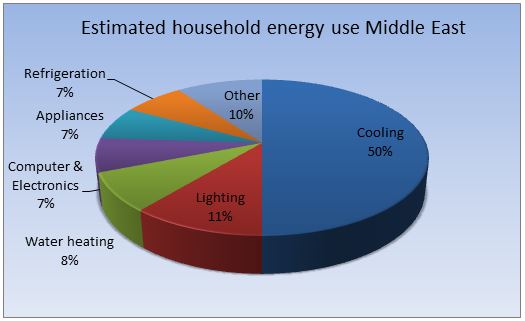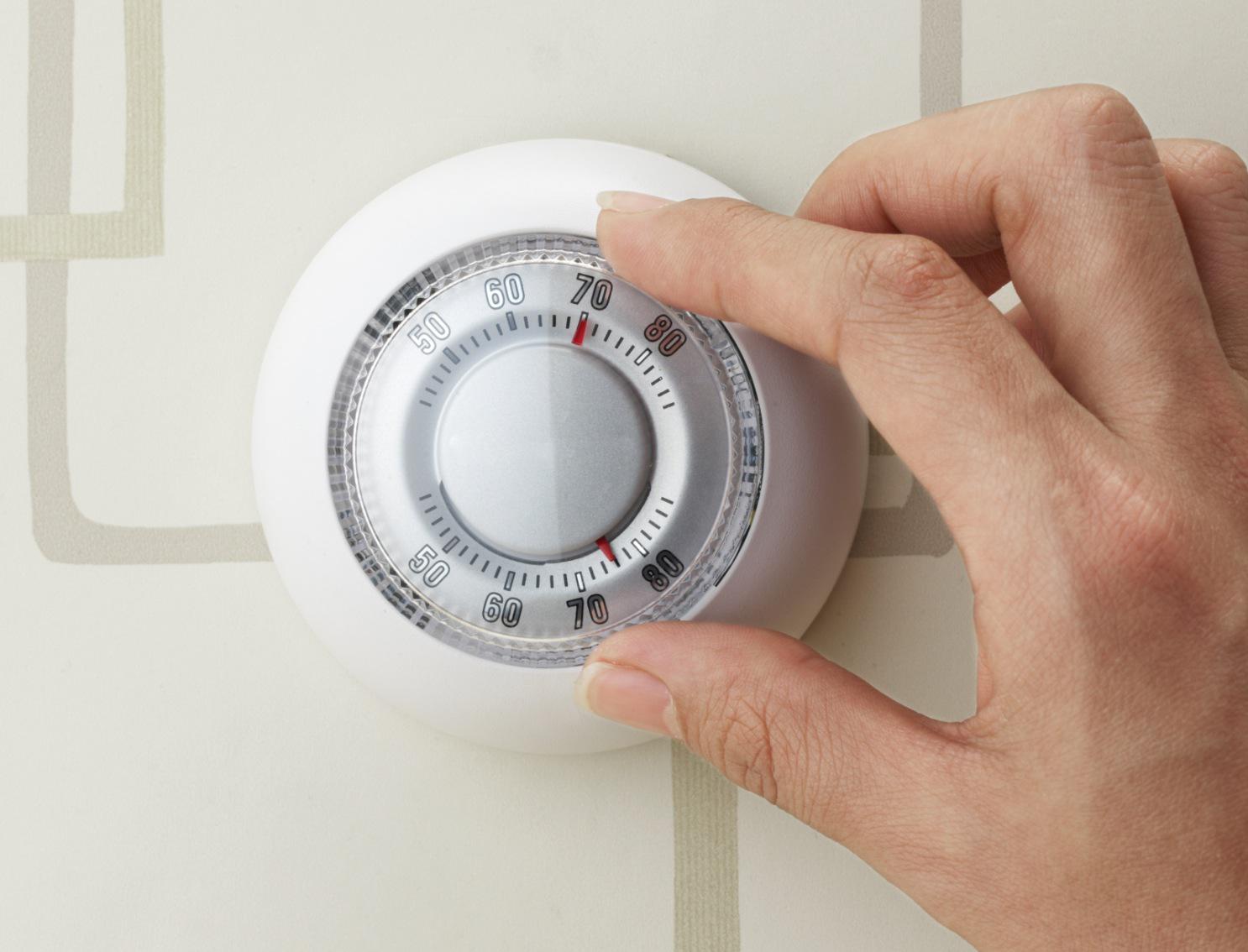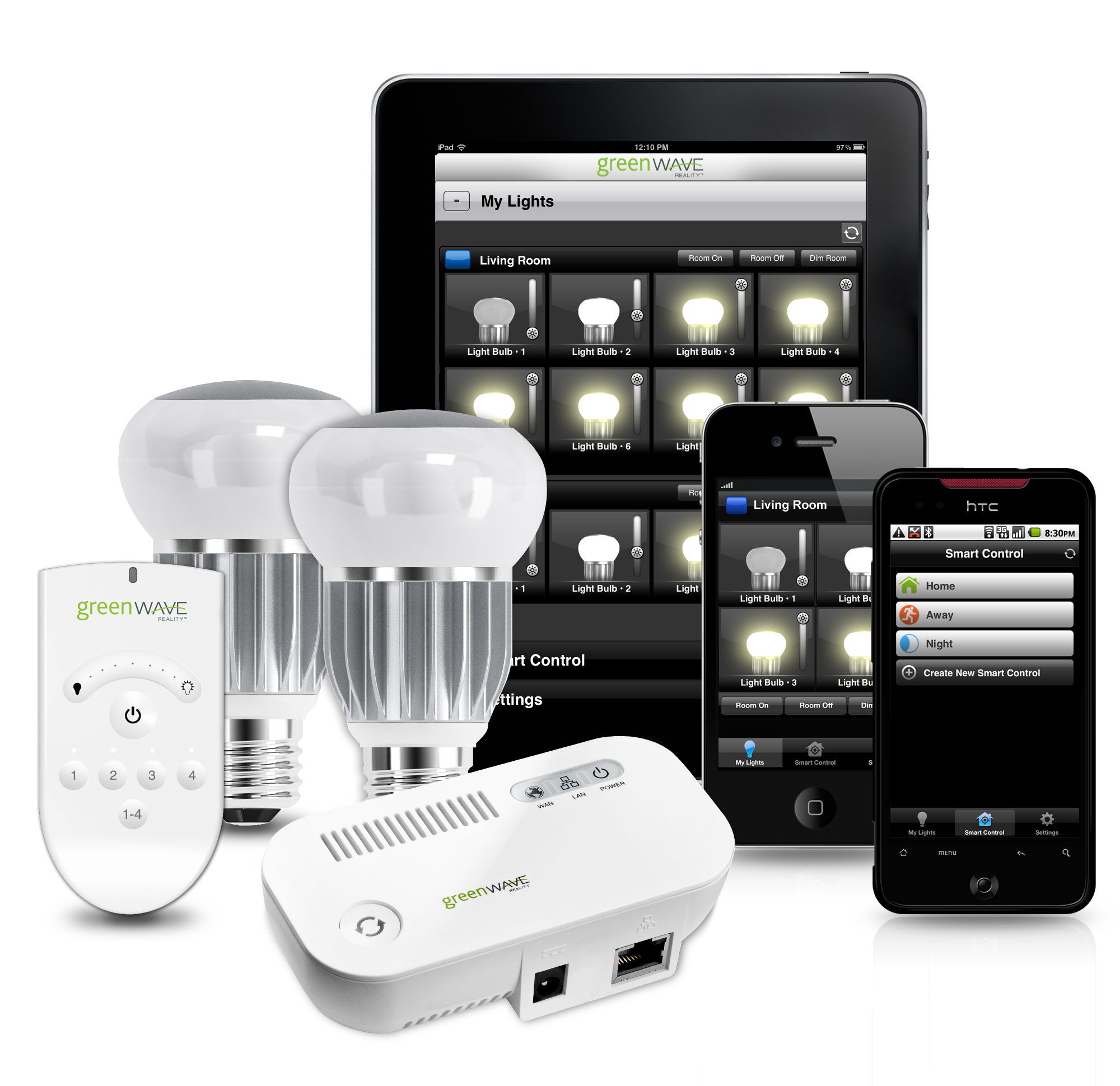The key when trying to save on energy is to know which appliances are responsible for most energy use at your home. Energy professionals call this the energy balance: How much energy goes in (by which sources?) and for what is this energy used?
We will focus here mostly on the electricity part, as this is the major part of energy delivery to households in the UAE. According to this article, DEWA (Dubai Electricity and Water Authority) estimates this to be an average of 20,000 kilowatt-hours per person annually.
The following energy balance estimation for UAE residents is based on the AC part of electricity usage in the UAE and combining this with typical energy household usage information from the UK and the Netherlands.
Fig: The data is based on the information from typical energy household balance information from the UK, USA and the Netherlands and an assessment of the average cooling contribution to household electricity use by DEWA.
Air cooling (50% of Energy Use)
– Cooling to lower degrees obviously has an impact on the energy use.
– Older technology AC systems might drive up costs compared to more recent efficient ones.
– AC system filters need to be cleaned for the AC to cool efficiently. To optimize the efficiency it is a good practice to check this regularly.
Fig: AC thermostat (source)
– You could make use of reflective materials (coatings) on windows or shades to reflect most of the incoming sunlight
– You could make use of fans to circulate air. The usage of fans is generally low, and the wind from the fans generates a more comfortable ‘feeling’ temperature
– Air seal your home. The better your home is isolated, the longer it stays at the right temperature without turning the AC on all the time. A good article about air sealing can be found here.
Lighting
For lighting it is recommended to install either CFL (Compact Fluorescent Lights) or LED (Light Emitting Diode) lights.
Although CFL is initially cheaper, LED seems to be most future proof and has the following additional advantages:
– Longer lifespan
– The possibility to connect to networks, be remotely controlled and report on usage information (see picture)
Fig: Example of a smart lighting system (Source)
Additional tips for lighting:
– Clean light bulbs once in a while to maximize the diffusion of the light throughout the room.
– Make use as much as you can of natural light.
– Install smart systems which can turn on/off lights at certain moments automatically, or install motion sensors as is common now in office buildings for further efficiency.
Smart appliances
Because of the ongoing energy transition (see my other article) we have an increased need for smart appliances. With smart appliances, I mean appliances which can be turned on/off from remote. This can either be done by
– You
– Energy service company (or grid operator/ supplier in this role)
Currently with smart appliances you can more effectively make your own energy savings. In case for example you forgot to turn off the light, you can see at your work by an app that some lights are still on and turn them off from remote at your work. The same principles apply to your washing machine, a robot vacuum cleaner, the dishwashing machine, all your electronics etc.
In the future we might go to the situation where electricity prices might fluctuate during the day. It can be more economical to use electricity during a sunny, windy day than during a cloudy, still day. Smart appliances allow for scheduling. You might even opt for taking a subscription of an Energy Service company, which can do this optimization for you.
Personal habits
– Unplugging of devices (computers). Computers and electronics nowadays account to almost 10% of your electricity use. This is only expected to increase. In standby mode, computers, TV’s and audio equipment still use energy. You can save energy by grouping electronic equipment together in separate plug extension sockets, which you can turn manually on/off during for example vacation times or schedule them to be turned off at night. Also it can add to make a habit of turning off devices once you don’t use them.
– AC control: Be more aware of the use of your AC. Use the AC as much during off-peak hours, and make use of additional support of air sealing, fans and regularly clean the filters.




Pingback: Energy Consumer Advice | Energy Dubai